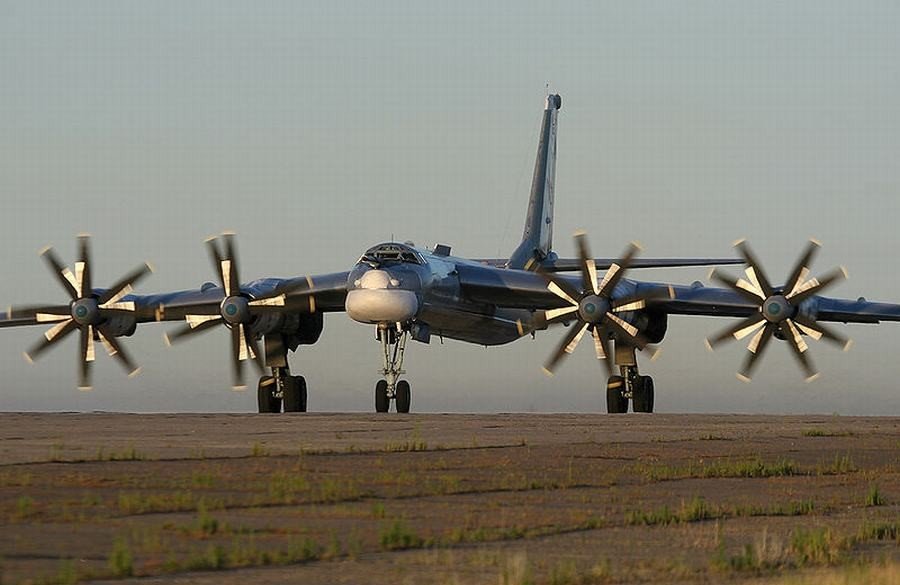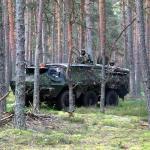The Nordic and Baltic states are increasingly worried about Russia.
Discussing NATO membership in Sweden is a bit like discussing sex at a church youth club. Everyone agrees the subject is important, but you have to tiptoe round some taboos.
I have just been in Stockholm courtesy of the terrific Free World Forum, run by the tough-talking wing of the Moderate (ie, conservative) Party. The theme was ‘Security around the Baltic’ – a good title, because eight of the countries around the Baltic Sea are increasingly worried about the ninth: Russia.
It was topical, too, as the events of 30 March exemplify: Russian warplanes carried out a mock attack on Sweden, and were intercepted by Danish jets scrambled from a Lithuanian airfield. This is not the first such incident – but it is the first to be leaked to the media. A debate is beginning: should Sweden return to real (costly) territorial defence? Or pool its efforts with the other Nordic countries? Or join NATO? Or all of the above?
Finland’s prime minister has called for a proper debate on the defence issue (his country retains territorial defence and is even more shy, historically, about NATO). Worries already abound. In the latest in a series of rhetorical assaults, Vladimir Putin, Russia’s president, recently justified Stalin’s unprovoked assault in 1940, on the grounds that the pre-war Finnish border was a “mistake”. The United States is selling Finland the JASSM – a conventional missile that provides a drastic last-ditch deterrent against a putative aggressor (ie, Russia).
A miniature Cold War is looming in the region. The Russians claim NATO expansion to the Baltic states was a grievous provocation to which they must respond with a military build-up. But that scares the neighbours – and thus brings a bigger NATO presence. The Russians then cite that as grounds for even nastier behaviour. With painful reluctance, NATO is staging a small exercise, Steadfast Jazz, in Poland and the Baltic states this autumn. Russia criticises this: the exercise dares to rehearse how the alliance could respond to a military clash and partial occupation, restoring the victim’s territorial integrity. “This cannot but arouse our concern,” said Russia’s envoy to NATO, Alexander Grushko. The Kremlin’s aim is not conquest, but demilitarisation and demoralisation: instilling a sense of indefensibility makes victory easy.
The conference was buzzing with rumours – that another Russian plane had jammed Sweden’s air-defence radar on Gotland, for example, and that the targets were Sweden’s two main military installations. (Actually, the ‘attack’ was part of a big Russian exercise simulating strategic deterrence, with flights in all directions.)
Yet the Swedish government has been remarkably laid-back (puzzlingly so in some eyes) in its response. Wimpishness? Instructions from the US not to fuss? Or a master-stroke: with public opinion alarmed, and the left-wing opposition in full cry demanding a tougher line on Russia, it will be easy to implement it.
The real point is that Sweden and Finland are in this game whether they like it or not. The Nestor of Nordic-Baltic security, Karlis Neretnieks (a retired Swedish general of Latvian extraction), argued at the conference that ambiguity about Swedish defence capability and orientation is now a cause of instability. In a crisis, the Swedish island of Gotland would be a vital prize, determining whether NATO could effectively defend or reinforce the Baltic states. So who would grab it first?
While Russia stays in its current venomous mood, Swedish and Finnish membership of NATO is now a question of when, not whether. But a much-awaited Swedish defence review last week shied away from proposing any real change of policy. Like the church youth group, everyone knows sex is inescapable. The safety of marriage is looking increasingly attractive.
I
Disclaimer: This article was first published by European Voice.
The opinions in this article are those of the author and don’t necessarily reflect the views of the Estonian World Webzine.


